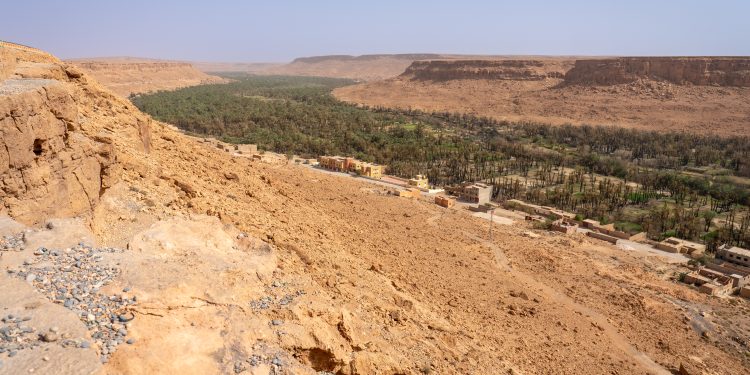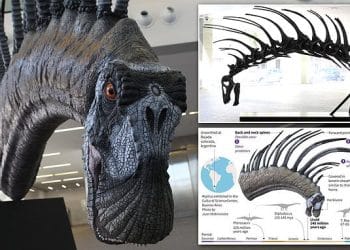For thousands of years, an ancient farming community in Morocco remained hiddden from history, and its significance buried in time. But now, thanks to a dedicated team of archaeologists, this lost settlement has finally been uncovered. The discovery, made in the Maghreb region of northwest Africa, sheds new light on the important role this area played in early Mediterranean history.
Published in Antiquity, the researchers’ findings from Oued Beht reveal a 5,000-year-old agricultural settlement, dating from 3400 to 2900 BC. This community is now recognized as one of the earliest and largest farming hubs in Africa outside the Nile Valley. Archaeologists found pottery, stone tools, and deep storage pits, suggesting a well-established society with advanced farming techniques.
“This discovery really changes how we see the Maghreb,” the researchers noted, explaining that the region wasn’t just home to nomadic herders, but a thriving agricultural community that influenced the entire Mediterranean.
Filling the Gaps in North African History
The history of the Maghreb between 4000 and 1000 BC has been a bit of a mystery, with few clues about what life was like. But this discovery changes that. The site’s location, close to both the Sahara and the Mediterranean, makes it clear that it was a major crossroads for trade and cultural exchange. Its proximity to Europe, just across the Strait of Gibraltar, also suggests that the region was deeply connected to the early societies of both continents.
“For years, we suspected that North Africa was a key player in Mediterranean history,” says Cyprian Broodbank, a professor from Cambridge University. “Now, we finally have the evidence to back that up.”
A Glimpse Into Life at Oued Beht
The Oued Beht community was about the same size as Early Bronze Age Troy, and archaeologists discovered a wide variety of domesticated plants and animals there. The people grew barley, wheat, peas, and olives, and they raised livestock, including sheep, goats, pigs, and cattle. These finds suggest that the community was not only self-sufficient but likely traded with nearby regions, including Iberia, where similar items have been found.
One of the most interesting aspects of the site is the deep storage pits used for preserving food, showing that these ancient farmers were skilled in food preservation, ensuring their survival in tough times. The discoveries at Oued Beht show it was a key player in the Mediterranean world.
For a long time, the role of North Africa in the development of early Mediterranean societies was overlooked. This new discovery puts the Maghreb back in the spotlight, showing that it was much more than a backwater—it was a vital part of the Mediterranean world, contributing to the rise of complex societies.











